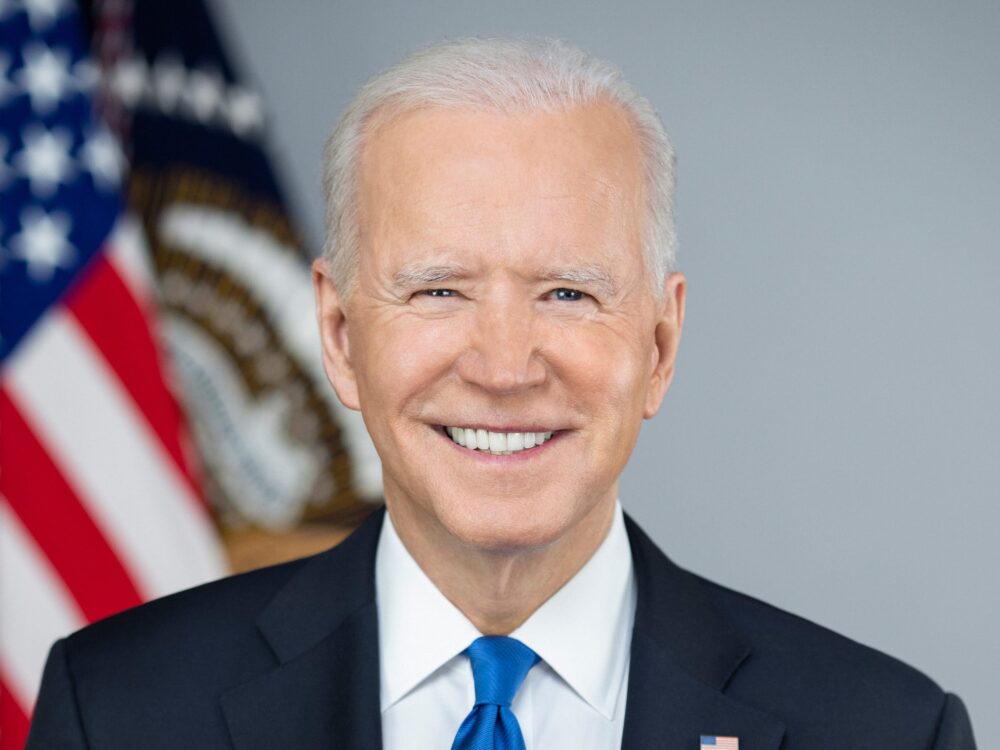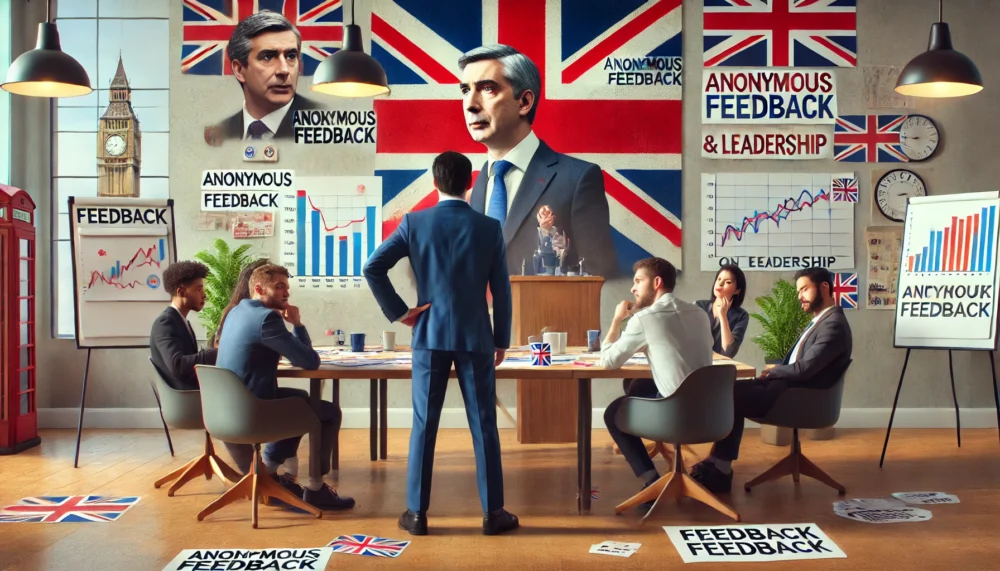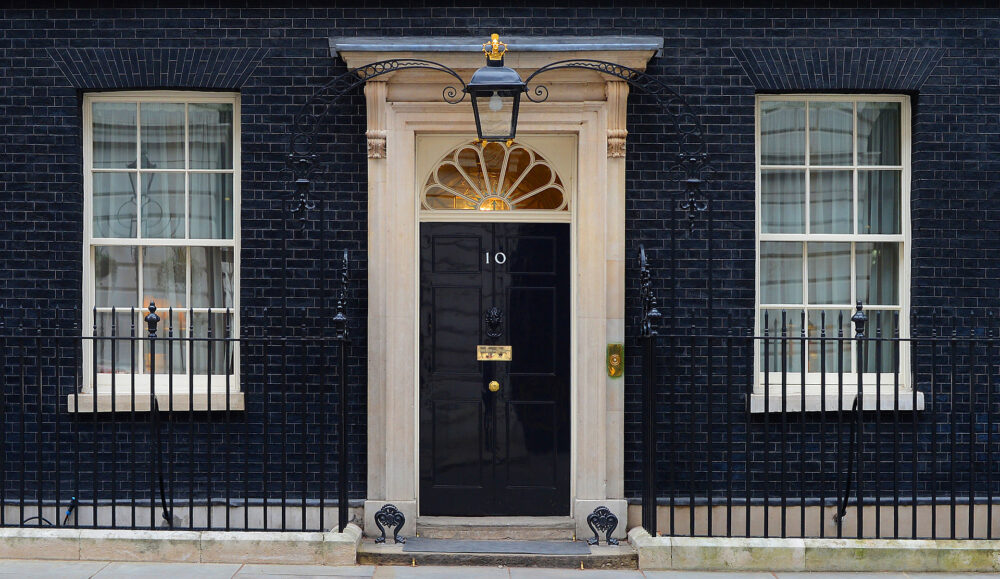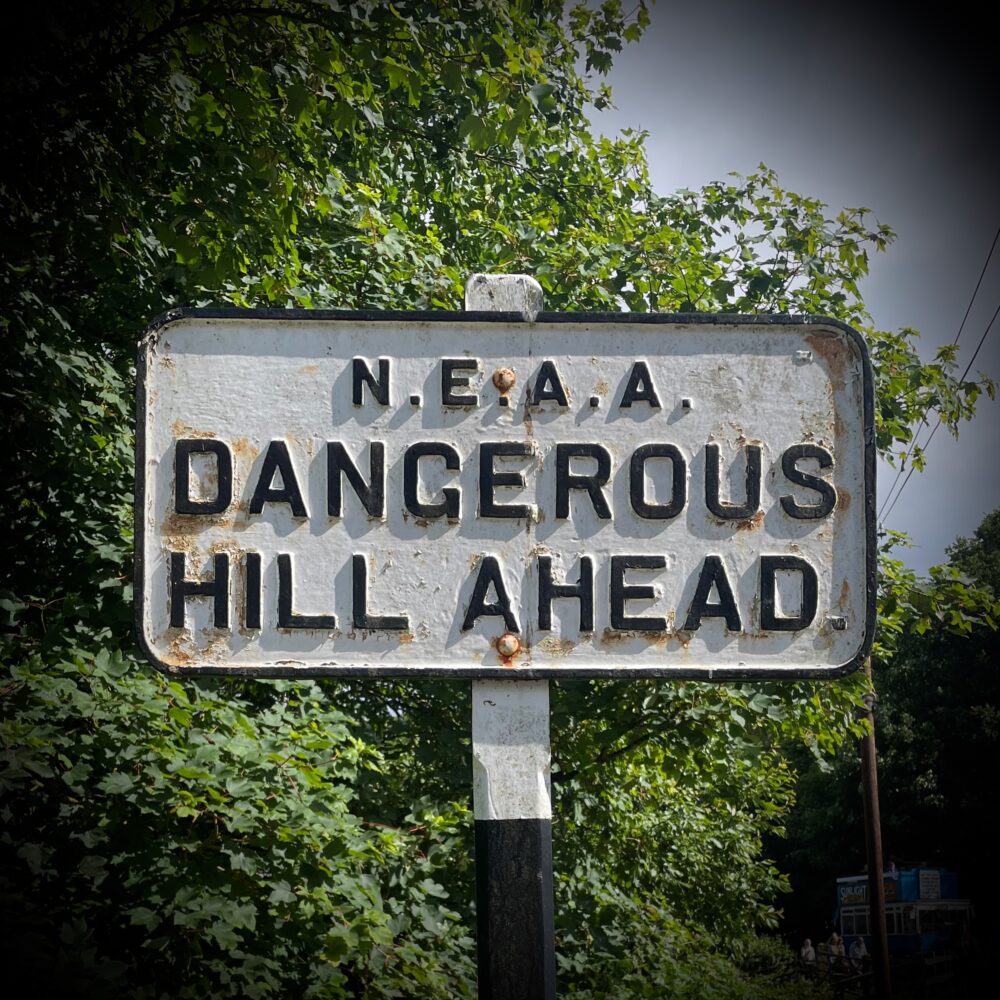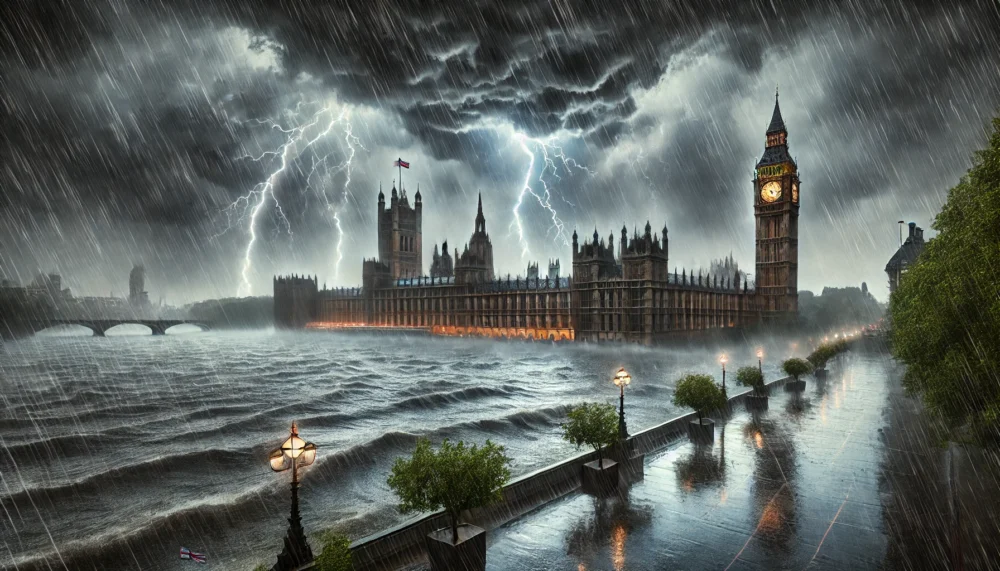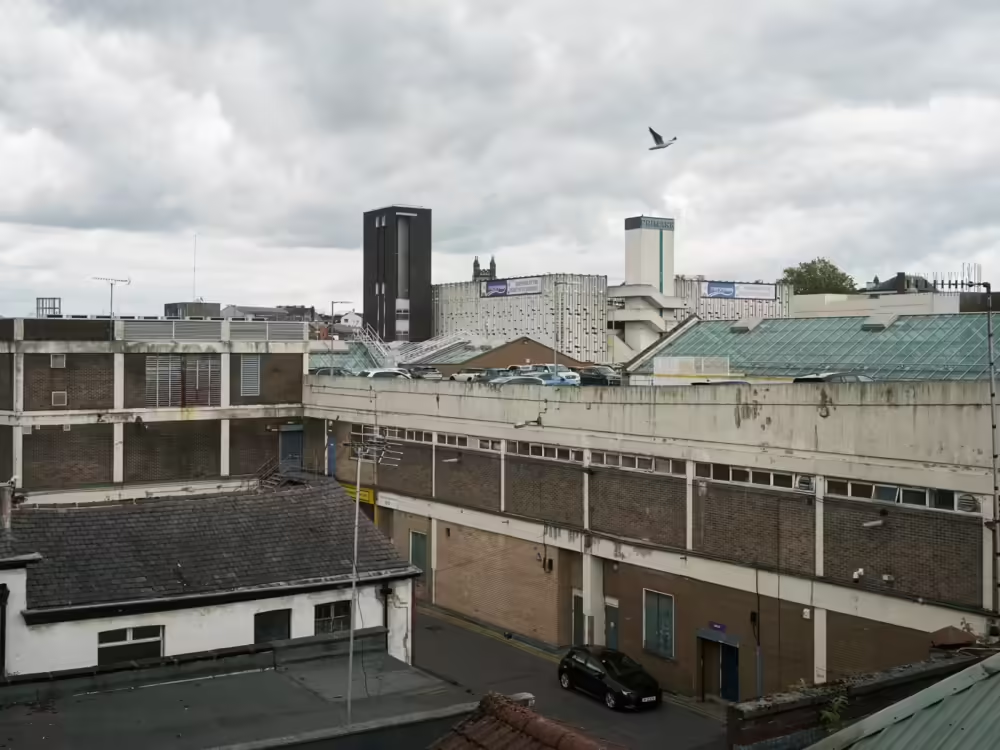Six days you shall labour

According to BBC News:
A Scottish island community is divided over a supermarket’s plans to open on a Sunday.
The Tesco branch on the Isle of Lewis in the Outer Hebrides has started holding consultations with staff and residents about opening seven days a week.
The island, which has a population of about 20,000, has a long tradition of observing the Sabbath day, meaning that some shops – including both supermarkets – currently keep their doors closed on a Sunday.
There are many good reasons for Tesco to be closed on a Sunday, but I wanted to rant about the claim that ‘a tradition of observing the Sabbath day’ is one of them.
In Christianity, the Sabbath day is the seventh day of the week—Saturday. Observers are supposed to follow God’s example in Genesis and rest on the Sabbath day.
Christians then devote the first day of the week—Sunday—to worship. This is distinct from the Jewish tradition of resting and worshipping on the Sabbath; Christians worship on the first day rather than the Sabbath as a commemoration of Christ’s resurrection on a Sunday.
This was drummed into me endlessly in GCSE Religious Studies, and I’ve never forgotten it. No wonder I won the Religion Cup several years running.
Except… the Isle of Lewis is Presbyterian, and the Free Presbyterian Synod has declared Sunday to be the Sabbath for Presbyterians. God may have rested on the seventh day, but Presbyterians don’t. They even have a strict rule against using the internet on Sundays, to the extent that their website closes each Sunday.
So, I was wrong, and I’ve learned something new about the world.
As an aside: you might imagine that ‘Saturday’ is derived from ‘Sabbath day’, but it’s actually from the Roman god Saturn—wrong religion, and all that. The same does not hold true in Catholic countries: sábado (Spanish and Portuguese), sabato (Italian) and sobota (Polish) all come directly from ‘Sabbath’. Life must get confusing for Presbyterians in those countries!
The image at the top of this post was generated by DALL·E 3.
This post was filed under: News and Comment, BBC News, Christianity, Religion.
